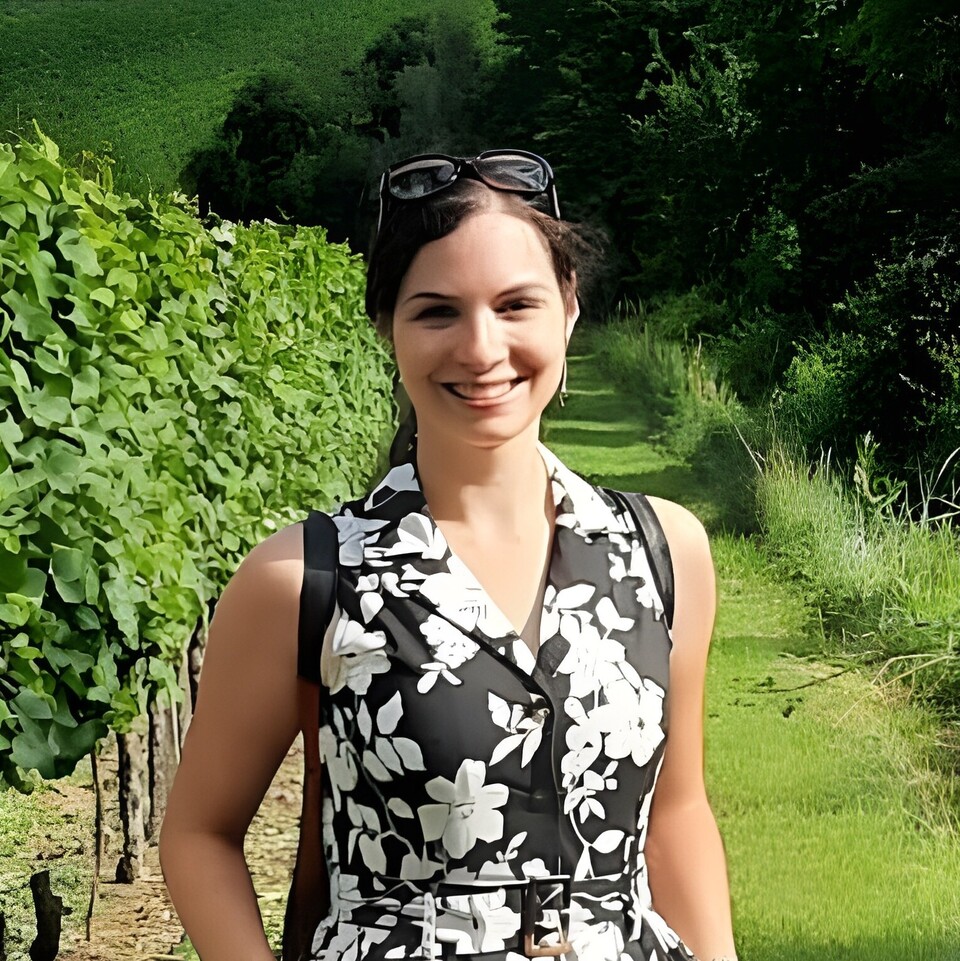Andreea Iana, Data and Web Science Group: Responsible News Recommender Systems, Juni 2022

What is your current research topic?
I am currently working on the Responsible News Recommender Systems (ReNewRS) project, in collaboration with researchers from different departments of the University of Mannheim, FIZ Karlsruhe and KIT. We are analyzing whether news recommender systems have a tendency to create and trap online news readers into so-called “filter bubbles”, where the users are exposed only to content that conforms with or reinforces their preexisting opinions and beliefs. We also examine if such filter bubbles could lead into the long run to opinion polarization. Ultimately, we aim to modify existing recommendation algorithms in order to diversify the recommendations and minimize the negative impact of filter bubbles.
For those who have not yet delved deeply into the topic of Data Science: How would you explain to a child what you are working on?
I am working on very large amounts of news articles with people from different domains. We’re trying to see if, for example when you read a story saying that Harry Potter wasn’t a good wizard, you will only be recommended more negative stories about Harry Potter or also positive news about it, or about something similar, such as Narnia. What we want to achieve is that you will be recommended both bad and good news about Harry Potter such that you don’t see only one side of the story, but discover the world from different perspectives.
Everyone talks about Data Science – how would you describe the importance of the topic for yourself in three words?
Analysis, interdisciplinarity, coding
What points of contact with Data Science does your work have? Which methods do you already use, and which would be interesting for you in the future?
I am involved in different parts of the research project: collecting news articles from different media outlets and constructing a news corpus, building a knowledge graph to store all this information, implementing various recommender systems, analyzing their results and impact on content diversity, and researching how to improve existing algorithms to increase diversity while taking into account people’s affinity for engaging with diverse content. For coding I use Python. The methods depend on the task that I’m trying to solve. We generally use neural networks for natural language processing and most recommendation algorithms. However, we also work with knowledge graphs and ontologies in order to enrich our datasets with external knowledge. In the future it would be highly beneficial to be able to more easily use large neural network models from Google or Meta in our work, some of which require large computational resources.
How high is the value of Data Science for your work? Would your research even be possible without Data Science?
I would say it’s paramount. It wouldn’t be possible to efficiently process and analyze such large amounts of data without the continuously evolving Data Science methods.
What development opportunities do you see for the topic of Data Science in relation to your field?
On the one hand, the legal framework could be more favorable for researchers. At the moment, data privacy regulations are strict and not easy to navigate by many researchers. This often hinders the publishing of data or results from different projects, which is essential in today’s research field, especially when competing with state of the art research from outside of Europe. On the other hand, the computational infrastructure can be continuously improved to accommodate easier and faster handling of the latest algorithms.